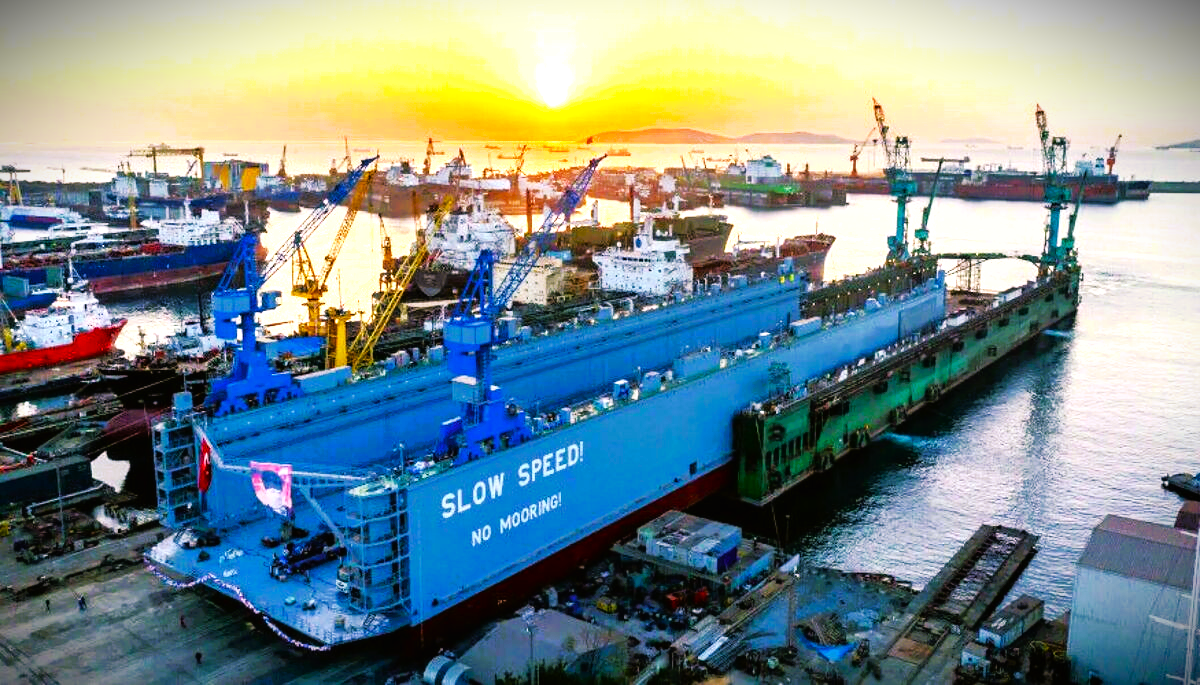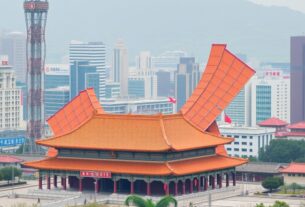The Arctic, once considered a remote and inhospitable frontier, has become a focal point of global competition, driven by its wealth of untapped resources and newly accessible shipping routes. As climate change accelerates, the region is opening up, revealing significant oil, gas, and mineral deposits, alongside shorter trade routes that have the potential to transform global commerce. For Russia, the Arctic offers not just economic opportunities but also a strategic imperative that is intricately linked to its future as a global power.
Russia has invested heavily in the Arctic, ramping up its military presence with new air bases, icebreakers, and radar stations, while also asserting territorial claims over critical areas. The Kremlin views the Arctic as essential to its long-term economic survival, with vast energy reserves and key maritime routes providing a lifeline in an increasingly competitive global market. Russian President Vladimir Putin has emphasized the region’s importance, declaring it central to Russia’s national security and economic future.
In response to Russia’s growing Arctic ambitions, the United Kingdom has intensified its efforts to contain Moscow’s influence in the region. As a key NATO member, the UK has imposed targeted sanctions against Russian companies and individuals involved in Arctic resource extraction and development, aiming to stifle Russia’s ability to exploit the region’s wealth. The UK has also ramped up military activities in the Arctic through joint patrols with NATO allies like the United States, Canada, and Norway, sending a clear message that any Russian expansion will be met with resistance. These joint operations aim to ensure that Russia does not overstep international boundaries and to safeguard the region’s security.
Perhaps most notably, Britain has turned to advanced technology in its strategy to protect its interests. Drones, for example, are becoming a vital tool in monitoring the vast, icy expanse of the Arctic. The UK has invested in drone defense systems that can detect and neutralize potential threats in real time, a necessary move as Russia increasingly deploys drones for reconnaissance and military purposes in the region.
The strategic importance of the Arctic to Russia is undeniable. The region’s vast oil and gas reserves are essential to Russia’s energy economy, which remains heavily dependent on fossil fuels. As global demand for traditional energy sources fluctuates and pressure grows to transition to renewable energy, the Arctic’s untapped resources provide Russia with a critical economic advantage. Moreover, control over Arctic shipping routes, such as the Northern Sea Route, offers Russia an edge in global trade by cutting travel times between Europe and Asia.
As the Arctic region becomes a battleground for global influence, the UK’s role in securing the region’s future stability is growing ever more crucial. The rivalry between Russia and the West, particularly NATO allies, is shaping the region’s future, with military presence, economic sanctions, and technological innovation at the heart of the struggle. The Arctic is no longer a distant concern, it is now a central player in the geopolitical landscape, and Britain is at the forefront of the effort to ensure that it remains a space governed by international law and free from unilateral domination by Russia.
With the stakes higher than ever, the battle for control over the Arctic’s resources, sea routes, and military positioning is poised to define global power dynamics in the coming decades. The cold front in the Arctic is intensifying, and the world is watching as the region becomes a critical front line in the global struggle for influence and security.




